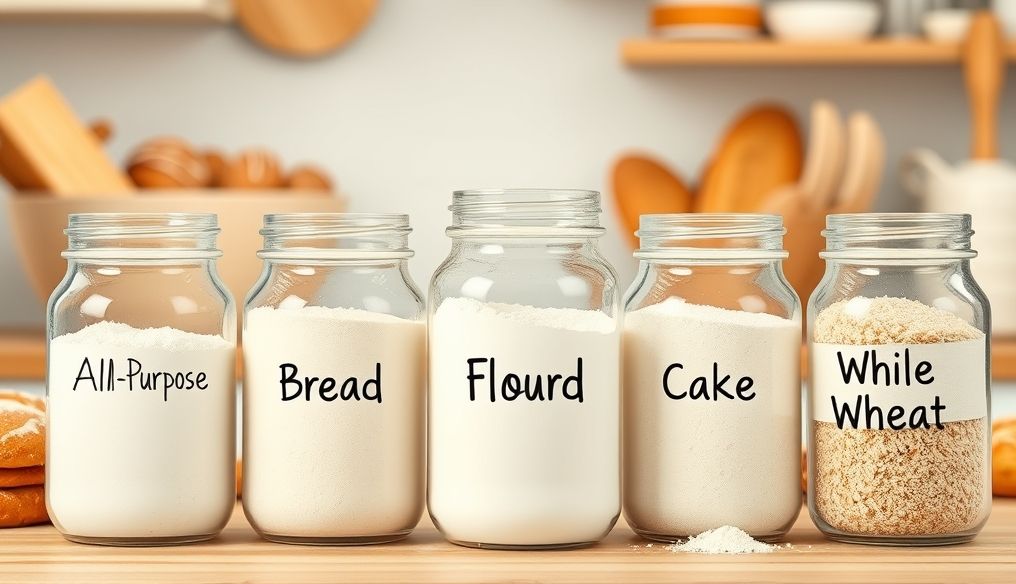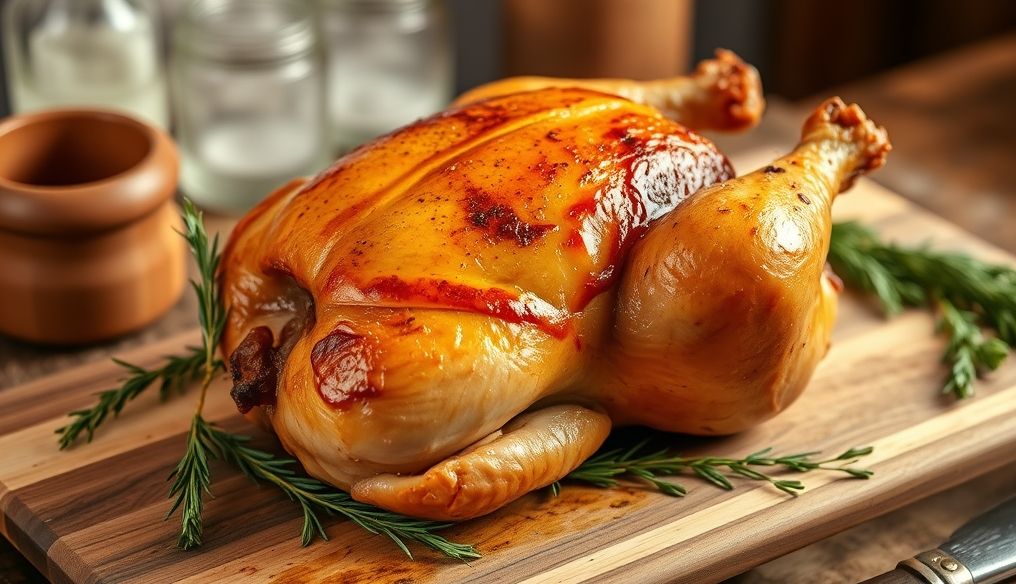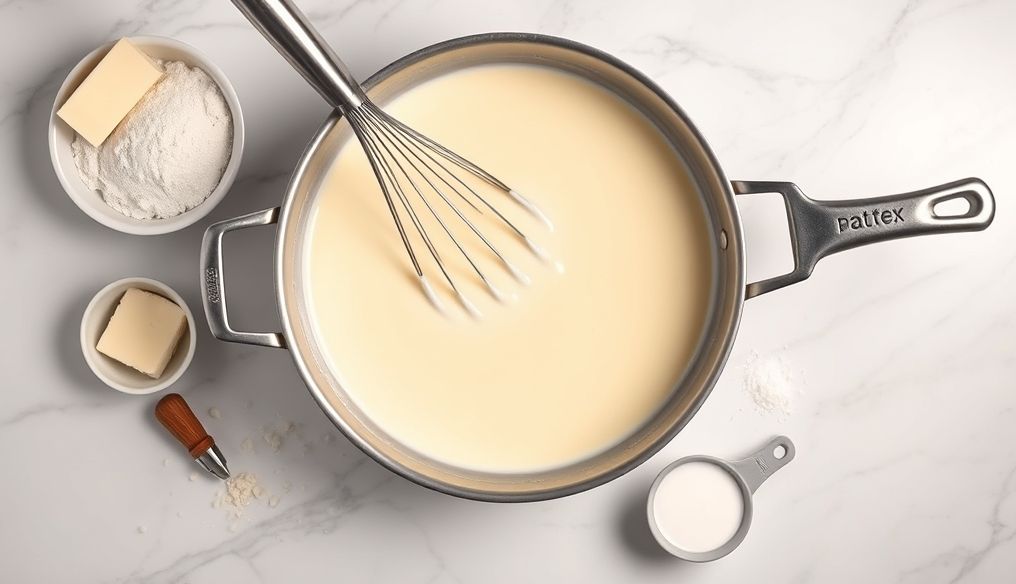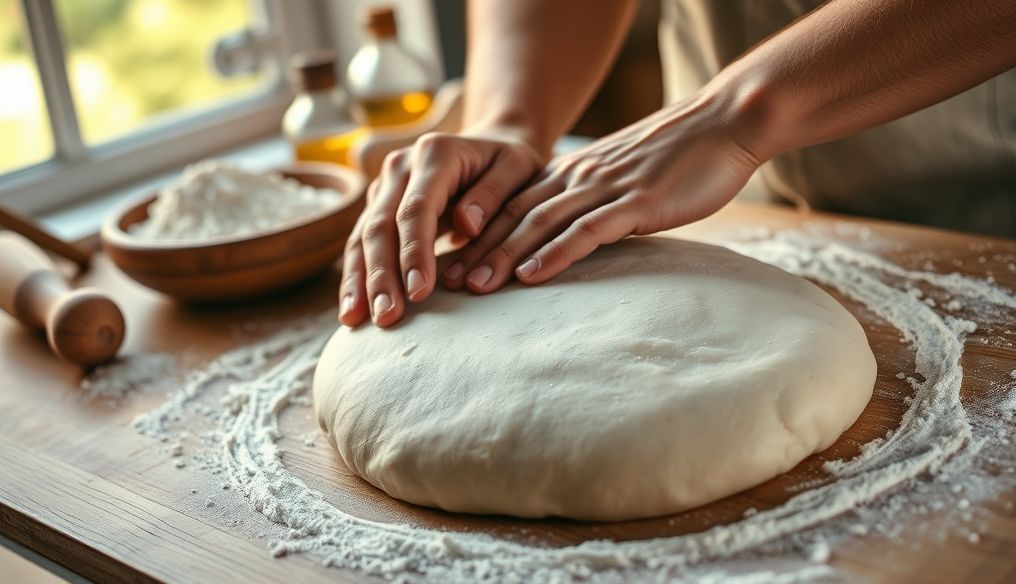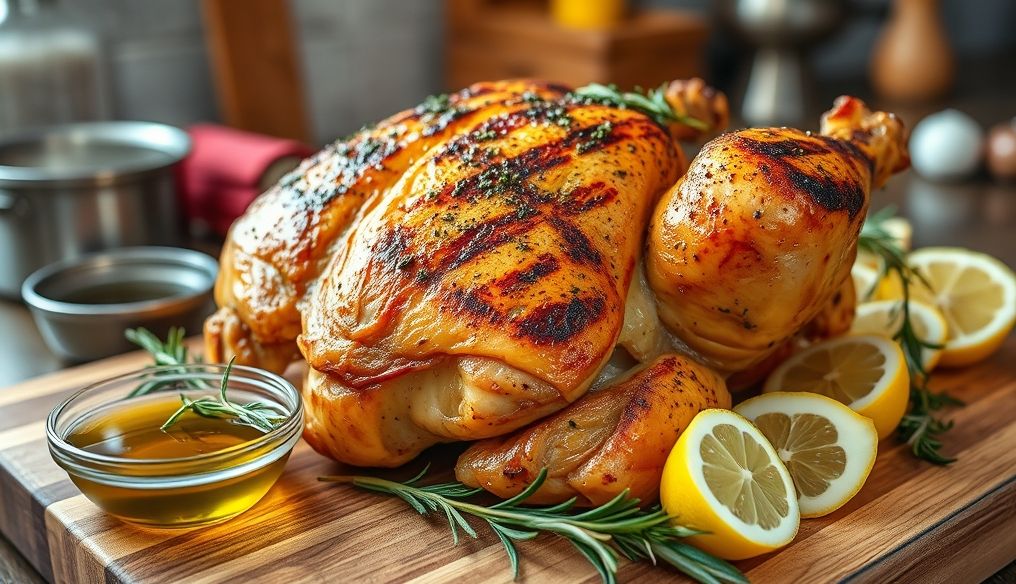Can All-Purpose Flour Be Used for All Types of Baking? A Comprehensive Guide
All-purpose flour is a common type of flour known for its versatility in a wide range of recipes. However, the question arises: can it be fully relied upon for all types of baking? In this article, we will explore the properties of all-purpose flour, compare it with other types of flour, and determine when its use is ideal and when it is better to choose alternatives.
What is All-Purpose Flour?
All-purpose flour is a blend of hard and soft wheat. It has a medium protein content, typically ranging from 8-11%, making it suitable for a wide variety of baked goods. This flour undergoes bleaching or unbleaching processes, which affect its color and texture.
- Bleached Flour: Chemically bleached to speed up the aging process, resulting in a bright white flour with better liquid absorption.
- Unbleached Flour: Allowed to age naturally, giving it a creamy color and a denser texture.
Advantages of Using All-Purpose Flour
All-purpose flour has several advantages that make it a popular choice among bakers:
- Versatility: It can be used in a wide range of recipes, from cakes and cookies to bread and pastries.
- Availability: Easily available in most stores at affordable prices.
- Ease of Use: Does not require special skills or complex techniques to use.
Disadvantages of Using All-Purpose Flour
Despite its advantages, all-purpose flour has some drawbacks to consider:
- Limited Results: May not produce the best results in some specialized baked goods.
- Medium Protein Content: May not be sufficient for some types of bread that require high protein content.
- Texture: Can lead to a rubbery or hard texture in some recipes if not used correctly.
When is All-Purpose Flour the Best Choice?
All-purpose flour is an excellent choice in the following cases:
- Cakes: Provides a light and fluffy texture to cakes.
- Cookies: Produces crisp and crunchy cookies.
- Pies: Gives a firm texture to pies.
- Sauces and Gravies: Can be used to thicken sauces and gravies.
When Should Other Types of Flour Be Used?
In some cases, it may be better to use other types of flour for better results:
Bread Flour
Bread flour has a higher protein content (12-14%) than all-purpose flour, making it ideal for making bread. The high protein content helps develop gluten, the protein that gives bread its structure and chewy texture.
Uses:
- White Bread
- Sourdough Bread
- Pizza
Cake Flour
Cake flour has the lowest protein content (6-8%) among all types of flour. It is also very finely ground and bleached, making it ideal for making delicate and light cakes.
Uses:
- Sponge Cakes
- Angel Food Cakes
- Delicate Cakes
Pastry Flour
Pastry flour has a medium protein content (8-9%) and is finely ground. It is ideal for making flaky and crispy pastries.
Uses:
- Pies
- Tarts
- Shortbread Cookies
Whole Wheat Flour
Whole wheat flour contains all parts of the wheat kernel, including the bran, germ, and endosperm. It gives baked goods a rich flavor and a denser texture.
Uses:
- Whole Wheat Bread
- Healthy Cakes
- Whole Wheat Pancakes
Tips for Using All-Purpose Flour Successfully
For best results when using all-purpose flour, follow these tips:
- Measure Ingredients Accurately: Use a digital scale or appropriate measuring cups to ensure accurate measurements.
- Don't Overmix: Overmixing can develop gluten and make baked goods tough.
- Use Fresh Flour: Make sure the flour is not old or expired.
- Experiment with Different Types: Feel free to experiment with different types of flour to see what suits your taste.
Impact of Flour Type on Texture and Flavor
The type of flour used significantly affects the texture and flavor of baked goods. For example, using bread flour instead of all-purpose flour in a cake recipe will result in a denser and chewier cake. Similarly, using cake flour instead of all-purpose flour in a bread recipe will result in a crumbly and delicate bread.
How to Store Flour Properly
Flour should be stored in a cool, dry, and dark place to maintain its quality. All-purpose flour can be stored in a pantry for up to one year. Whole wheat flour, however, is best stored in the refrigerator or freezer because it contains oils that can quickly become rancid.
Conclusion
All-purpose flour is an excellent choice for many baked goods, but it is not always the best choice for everything. Understanding the properties of different types of flour and how they affect the final results will help you make the right decisions and achieve the best results in your kitchen.
In the end, the answer to the question "Can all-purpose flour be used for all types of baking?" is: yes, it can be used in many cases, but for best results, you may need to choose the right type of flour for the type of baked goods you are preparing.
Prepared by: [Your Name or Organization Name]
